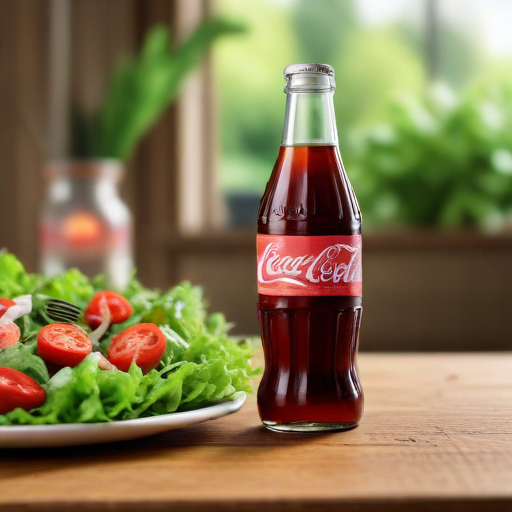In the United States, the rise of weight loss medications and non-alcoholic beverage options has led many consumers to reconsider their soda purchases. Despite this shift, Coca-Cola reported strong earnings for the second quarter, driven by significant international demand for its beverage offerings, prompting the company to revise its full-year revenue forecast upward.
Coca-Cola’s CEO, James Quincey, expressed optimism about the company’s performance, stating that the results indicate solid growth in a changing market. However, the company did note a 1% decline in volume sales within North America. Quincey attributed this decrease to “softness in away-from-home channels,” which encompass their water, sports drinks, coffee, tea, and soda products.
To mitigate the decline, Coca-Cola highlighted its success with the Fairlife milk brand and noted that its iconic soda product, Coke, led retail sales growth in its category during the quarter. To further address volume challenges, the company plans to collaborate with food chains to incorporate its sodas into combo meal deals. They are specifically working with McDonald’s to enhance the appeal of its $5 meal deal, which includes a soft drink.
Despite the setback in volume sales in North America, Coca-Cola surpassed Wall Street expectations for the quarter, reporting revenues of $12.4 billion, or $0.84 per share, compared to the anticipated $11.76 billion and $0.81 per share. With this strong performance, the company has adjusted its forecast for organic revenue growth to between 9% and 10%, up from an earlier estimate of 8% to 9%.
In a parallel situation, Pepsi has also faced challenges in capturing the interest of U.S. consumers as they shift towards healthier habits and products that aid in weight management. Early indications show that young adults in the United States are consuming less alcohol, according to a Gallup poll. Pepsi recently attributed its stagnant second quarter to a series of product recalls.
Overall, while the beverage industry is navigating evolving consumer preferences, companies like Coca-Cola demonstrate resilience and adaptability, leading to continued growth. As they seek innovative strategies to engage consumers in a health-conscious market, a positive future for the sector remains plausible.
This situation underscores the importance of adaptability for companies in the beverage industry. By aligning their product offerings with current consumer trends and preferences, they not only address immediate volume challenges but also establish a foundation for sustainable growth moving forward.
